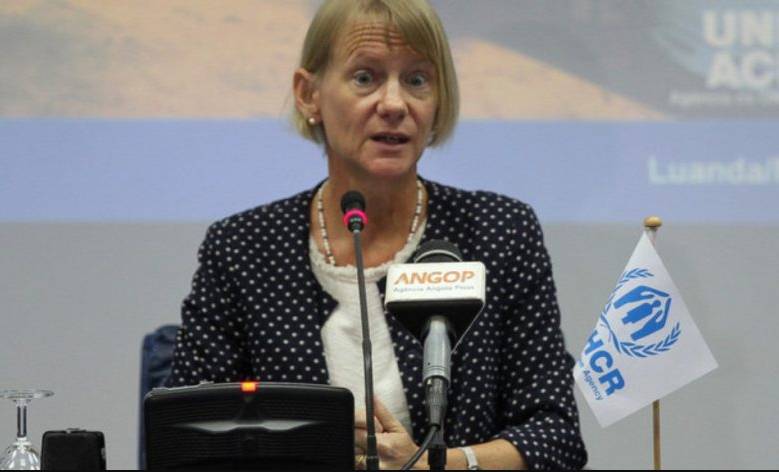UNHCR expresses concern over Pak's expulsion of Afghan refugees

Stay tuned with 24 News HD Android App

A senior official from the United Nations High Commissioner for Refugees (UNHCR) has voiced concern over Pakistan’s decision to expel Afghan refugees, stating that the move has deeply unsettled the Afghan community in the country.
The UN has called on the international community to step up and share the responsibility of addressing the ongoing refugee crisis.
Pakistan recently announced that Afghan Citizen Card (ACC) holders must leave the country by March 31, coinciding with Eid-ul-Fitr.
According to UNHCR data, Pakistan currently hosts over 2.8 million Afghans, many of whom fled decades of war and instability in Afghanistan. Among them, 1.3 million hold Proof of Registration (PoR) cards, which provide them with legal protection as refugees.
However, approximately 800,000 Afghans with ACCs—a document that identifies them as Afghan nationals but does not grant them refugee status—now face forced repatriation.
UNHCR’s Pakistan Representative, Philippa Candler, highlighted the distress among Afghan refugees, noting that many ACC holders have never even seen Afghanistan and now fear for their future.
“For nearly five decades, millions of Afghans have come and gone from Pakistan, fleeing waves of violence since 1979,” Candler said.
“Recent government announcements about departure deadlines have again shaken the Afghan community in Pakistan.”
The deportation policy is part of a broader repatriation drive launched in 2023 after a series of terrorist attacks that Pakistan linked to Afghan nationals.
Since then, over 800,000 Afghans have already been expelled. The Pakistani government initially focused on foreigners without legal documentation but later expanded the policy to include ACC holders.
Candler described the situation as “heartbreaking,” adding that many Afghan refugees are now in a state of fear and uncertainty.
Despite her concerns, Candler acknowledged Pakistan’s continued support for Afghan refugees, praising the country’s efforts despite economic challenges, strained public services, and growing security concerns.
“Healthcare, education, and other public services are often overburdened, and host communities are feeling the strain,” she noted. “Pakistan is stuck in a tough spot—balancing its own economic needs, managing security threats, and shouldering the financial burden of hosting refugees.”
However, she warned that Pakistan cannot handle this crisis alone and urged the international community to step up.
“The world expects Pakistan to keep delivering,” she said. “But stability comes at a cost, and the responsibility must be shared globally.”
The UNHCR emphasized the need for a long-term solution, stressing that many deported Afghans have already returned to Pakistan due to instability in Afghanistan.
“Sustainable return means ensuring peace and security in Afghanistan so that refugees do not fear persecution or discrimination upon their return,” Candler said.
“For those who cannot safely return, efforts must be made to expand access to education, healthcare, and employment opportunities in Pakistan, while also granting them legal recognition and protection under international refugee law.”
She also called on the international community to fulfill promises made in 2021 to relocate Afghan refugees to third countries. While many Afghans have been resettled, thousands remain in limbo in Pakistan.
“UNHCR is calling for speedy departures for these refugees, ensuring durable solutions and long-term stability,” she said.
As the March 31 deadline looms, Afghan refugees in Pakistan face an uncertain future. While Pakistan remains firm on its repatriation policy, the UN and human rights organizations continue to push for international intervention.
The coming weeks will determine whether the global community responds to Pakistan’s call for support or whether Afghan refugees will be left to navigate their fate alone.
